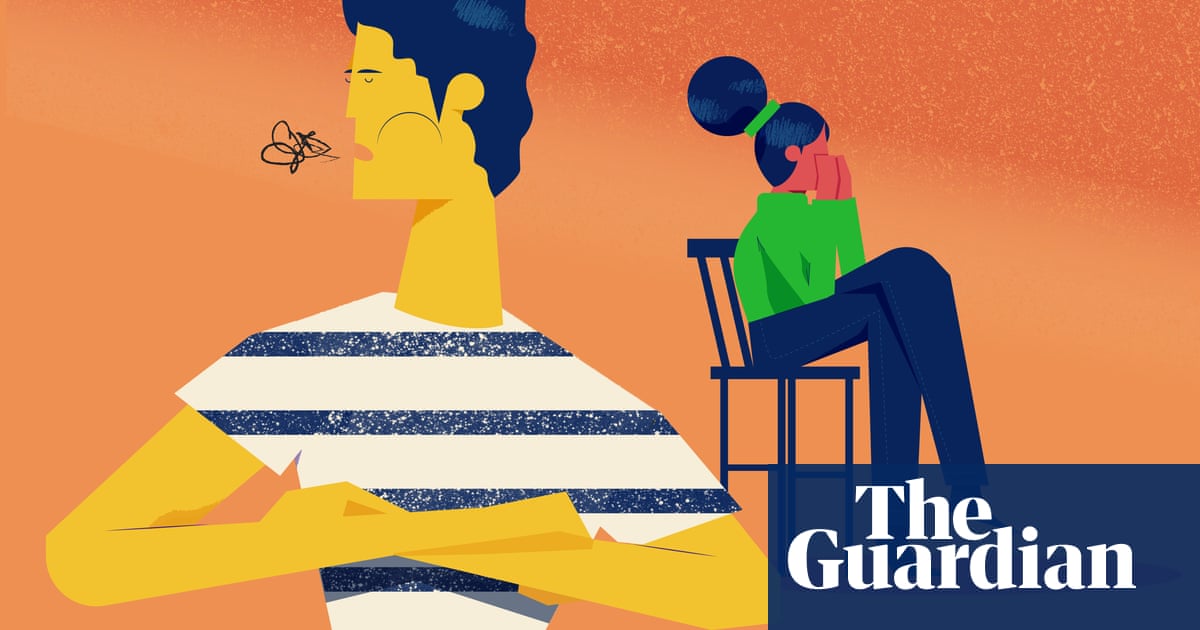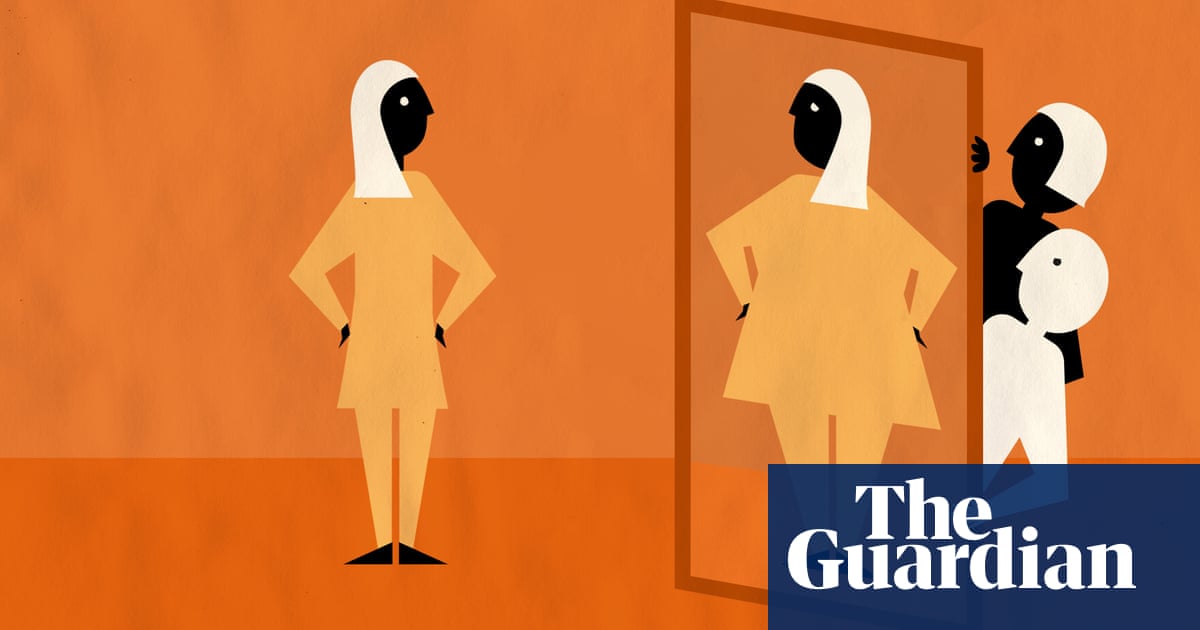
I’m a man in a my mid-30s who feels pretty lonely. I’ve finished university so I’m no longer around new faces and friends have drifted for various reasons (moved away, kids etc). My two closest friends live abroad and while I love them dearly, I really miss the in-person aspect, especially after the everything-virtual nature of the pandemic.
My partner and I occasionally do things, but in general we prefer to do different things: she likes hosting, I like to go out, she loves nature walks, I’m a city person. I work from home, my company organises social activities which I turn down because they happen in big groups and my biggest obstacle is being an introvert, with social anxiety. I’ve always struggled to make and keep friends. The usual advice is to join a class, a club (or volunteer) but all of those happen in group settings and as an introvert, I find even small groups intimidating; I’m rarely a fun or interesting person in that setting.
If putting myself outside my comfort zone yielded some connections I could at least say it was worth the initial discomfort, but the older I get the less rewarding it is to force myself through these situations. I don’t know where to start.
We are wired for real life connection and I think what you say about everything being virtual during the pandemic (and beyond) has had a real impact on many. But, loneliness can also come about in company, when we don’t feel seen or heard. I note you say you’ve always struggled but I wonder if you feel particularly lonely now? I have to ask: is your relationship fulfilling?
I went to BACP registered psychotherapist John-Paul Davies who picked up on your word of introvert. “To me, an introvert is someone who goes inwards to work things out rather than an extrovert who tends to get their energy from other people. So I don’t think that’s an obstacle [to making friends] perhaps the anxiety is more of one.”
Anxiety about how we might come across – and worry that we won’t be liked – does seem to underpin most social interactions. I wonder how different we’d all feel if we could see what everyone else was thinking in these situations. Most likely, the same thing: more people feel like you than you may realise. But if your self-esteem is low then it’s hard to accept this.
And as Davies pointed out, self-esteem comes, in part, from knowing who we are and finding ourselves interesting and this comes in part from having ourselves reflected back favourably from the people around us – which is why positive social interaction is so vital.
Davies’ advice was to “try to deepen existing relationships, the ones you already feel comfortable with, first.” I know that your friends don’t live close but trying to enrich those connections may be a good initial step: either via video chat or email or even letters. If you find video chats too intense, could you think about calling while you are doing something, like cooking?
We also thought that perhaps the building blocks for making friends were closer than you think. You say your partner loves hosting, might that be an ‘in’ to meet new people in an environment you’re already comfortable with? At home you can have lots of excuses to leave the room if need be to regroup (you need to change the music, get more drinks etc). Would your work socials be more bearable if you set yourself a time limit of staying for, say, 45 minutes?
I wonder also if, when you met new people, you could think: not if they will find you interesting, but if you will find them interesting. This can shift the focus from you and may lessen your anxiety. Instead of trying to find things to say, ask questions. Unless people are on the run, they tend to love talking about themselves. (I have left entire parties without anyone finding out one thing about me).
Friendships take work and time. It’s also tempting to see every social situation as a way to make new friends, but that’s unrealistic. So maybe if you could think of these occasions as ways to make connections, even short ones, rather than lifelong friendships, that may help take the pressure off.
Every week Annalisa Barbieri addresses a personal problem sent in by a reader. If you would like advice from Annalisa, please send your problem to ask.annalisa@theguardian.com. Annalisa regrets she cannot enter into personal correspondence. Submissions are subject to our terms and conditions.
Comments on this piece are premoderated to ensure the discussion remains on the topics raised by the article. Please be aware that there may be a short delay in comments appearing on the site.












